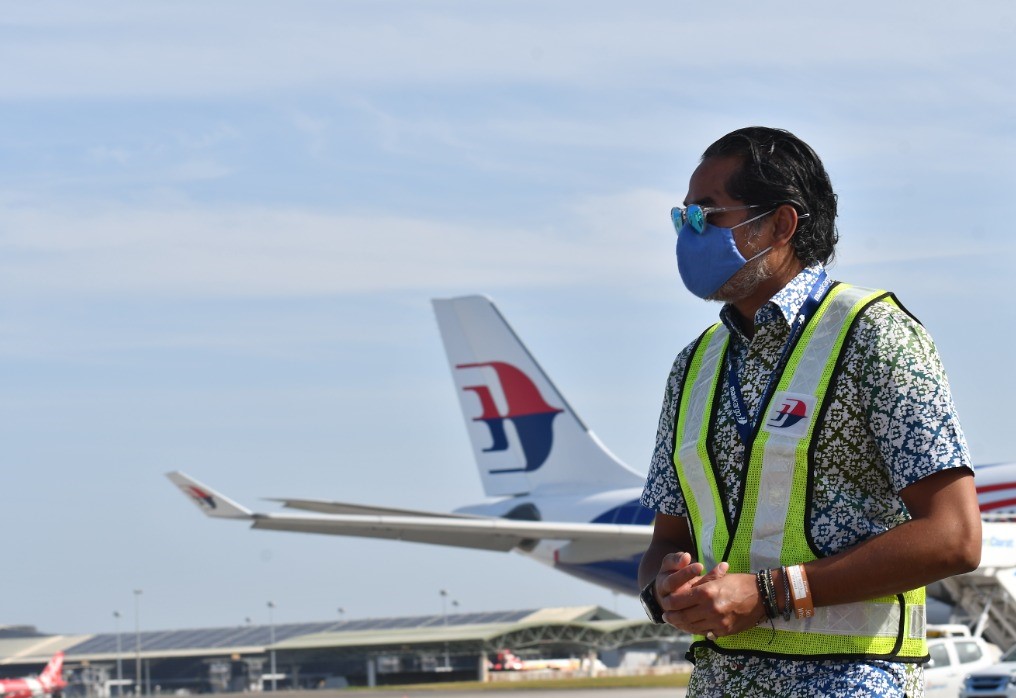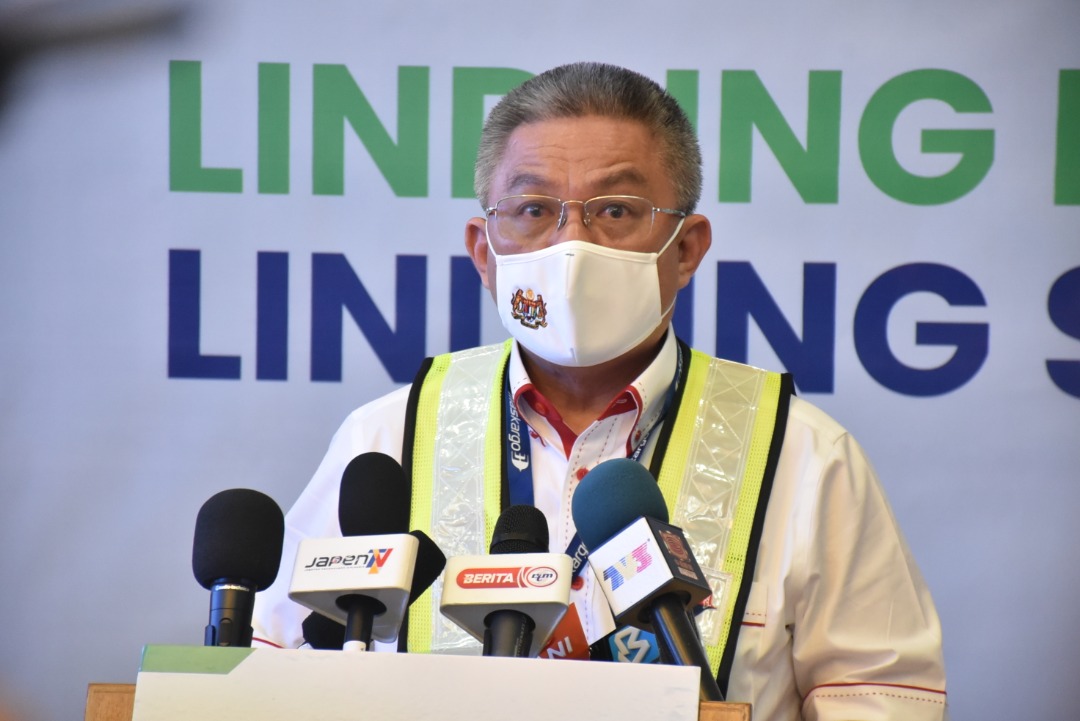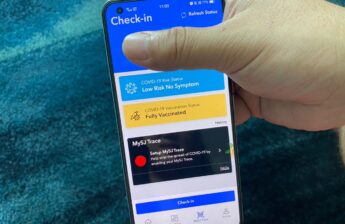KUALA LUMPUR, Feb 21 — Private general practitioners (GPs) will be roped in to administer Covid-19 vaccines for the second and third phases of the national vaccination programme, Dr Adham Baba said today.
The health minister said vaccinators will only comprise people with medical certification: doctors, nurses, medical assistants, and dentists.
“For the private sector, we have engaged private hospitals to give vaccines. We have 240 private hospitals and 8,000 to 9,000 GPs in the country,” Dr Adham told a virtual joint press conference with Science, Technology and Innovation (MOSTI) Minister Khairy Jamaluddin and Transport Minister Wee Ka Siong today.
“So far, we have started negotiations with 3,000 GPs,” he added, after 312,390 doses of the Pfizer-BioNTech vaccine arrived in Malaysia this morning.
Dr Adham said that private GPs would be recruited for the second phase of the vaccine rollout, starting in April, that targets people aged above 60 and those with underlying health conditions, as well as for the third phase targeting the general public aged above 18 that will start from May.
“We want the private health sector to play a role by putting forward workers who need to be included in phase one, two or three. The second phase will involve more vaccination sites nationwide, as well as GP clinics and medical centres.
“The third phase is mass vaccination; the MOSTI minister has selected sites for mass vaccination. More people will be coming to one site and we will need workers and volunteers, so that requires greater involvement from the private sector and volunteers.”

Khairy said he has asked the education minister to list priority Covid-19 vaccination recipients among school teachers with underlying health conditions for the first phase of the rollout starting February 24.
The vaccine minister said the government faced supply issues, as there will only be a million doses, the Pfizer-BioNTech vaccine, available for frontline essential workers, of whom 500,000 have already been identified for vaccination in the first phase of the inoculation campaign.
“The short answer is yes, we’ll try to accommodate teachers. We’ll try to accommodate some of the frontline media in the first phase, subject to availability and supply, based on risk assessment,” said Khairy.
“We can’t do all the teachers at once. I’ll ask the minister of education to give a list of teachers with comorbidities, ahead of the opening of schools in March.”
The vaccine minister also said the government would work with civil society organisations and the United Nations High Commissioner for Refugees (UNHCR) to reach out to undocumented migrants for Covid-19 vaccination.
“We’re aware undocumented migrants have concerns if they come forward for vaccination, they’ll be detained. We’re trying to get the message out we won’t detain them, we want them to be vaccinated. It’s a very important strategy to get herd immunity,” he said.
Khairy said he hoped to finish the first phase of the national Covid-19 vaccination programme for frontliners by April. The first million Pfizer-BioNTech doses are expected to arrive in Malaysia by end March.
He added that China’s Sinovac was expected to deliver to Malaysia on February 27 enough for 400,000 vaccine doses for fill-and-finish processing by local pharmaceutical company, Pharmaniaga Berhad. Sinovac’s two-dose vaccine is still pending approval from the National Pharmaceutical Regulatory Agency (NPRA).
“The bulk dosages have to come in. Principally, it’s for Pharmaniaga to do stability testing, NPRA has to make sure that it goes through stability testing. But there’s enough in the initial delivery for about 300 doses that can be distributed for the immunisation programme.”
The Malaysian government will receive the delivery schedule for AstraZeneca-Oxford vaccines in March, said Khairy. The AstraZeneca doses for Malaysia will be manufactured in Thailand.
Dr Adham said the government would issue Covid-19 vaccine passports — either through the MySejahtera contact tracing app or through a physical card.
“With other countries, we’ll try to negotiate how to coordinate vaccine passports at the international stage,” he said.
Wee said Malaysia was discussing with Singapore on how to come up with Covid-19 vaccination certification that may enable people who have been vaccinated to skip quarantine upon arrival in other countries.








